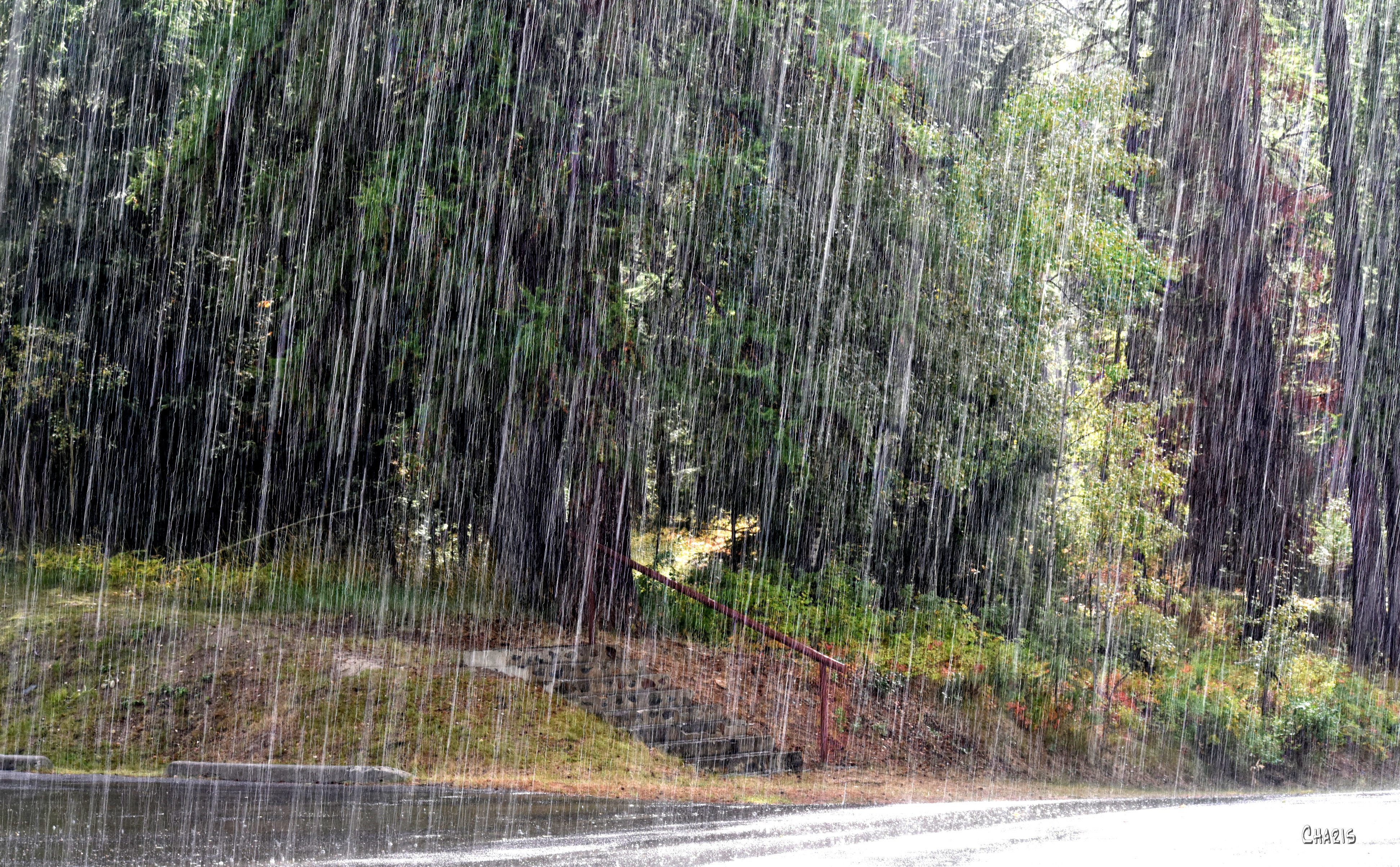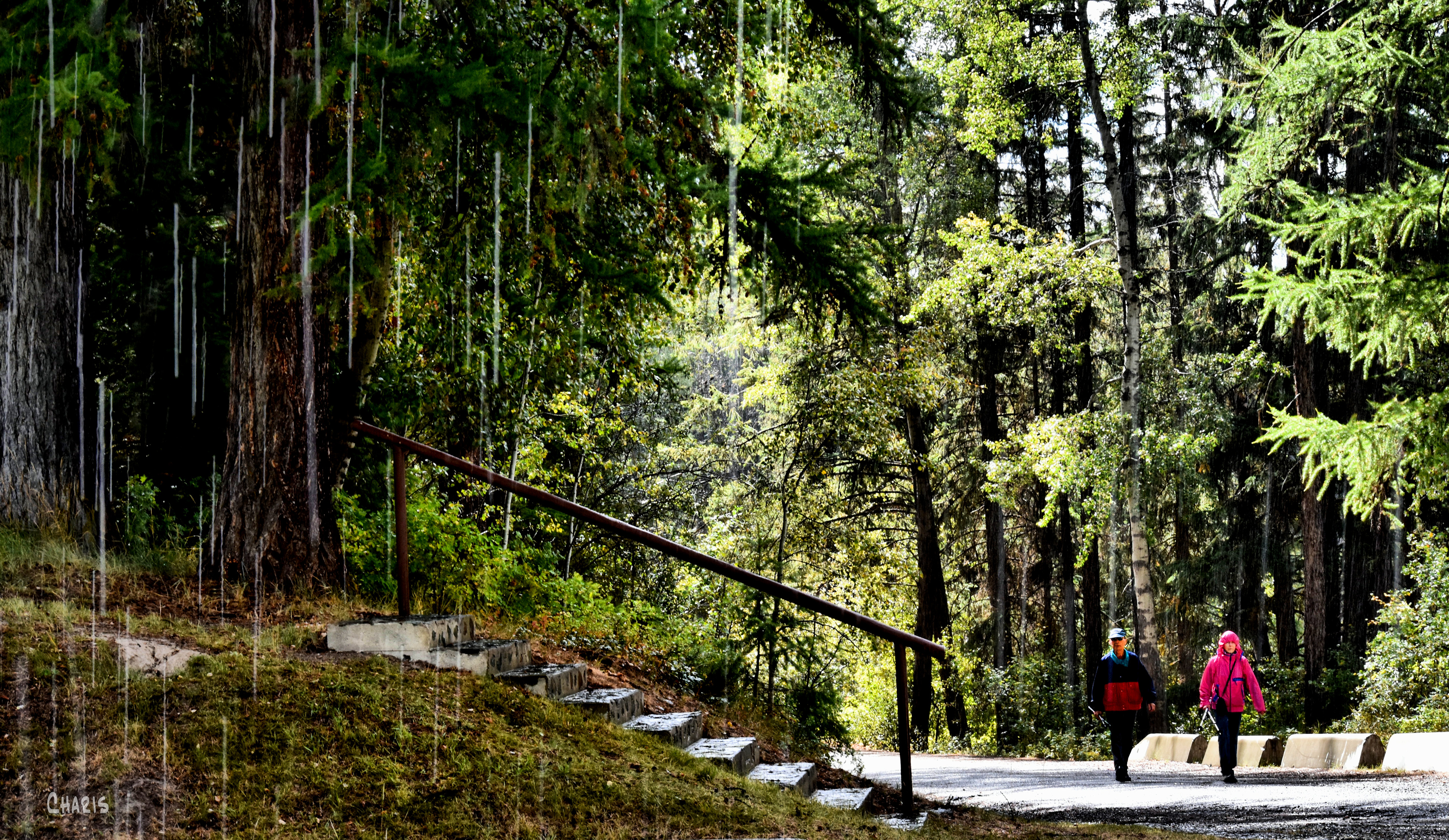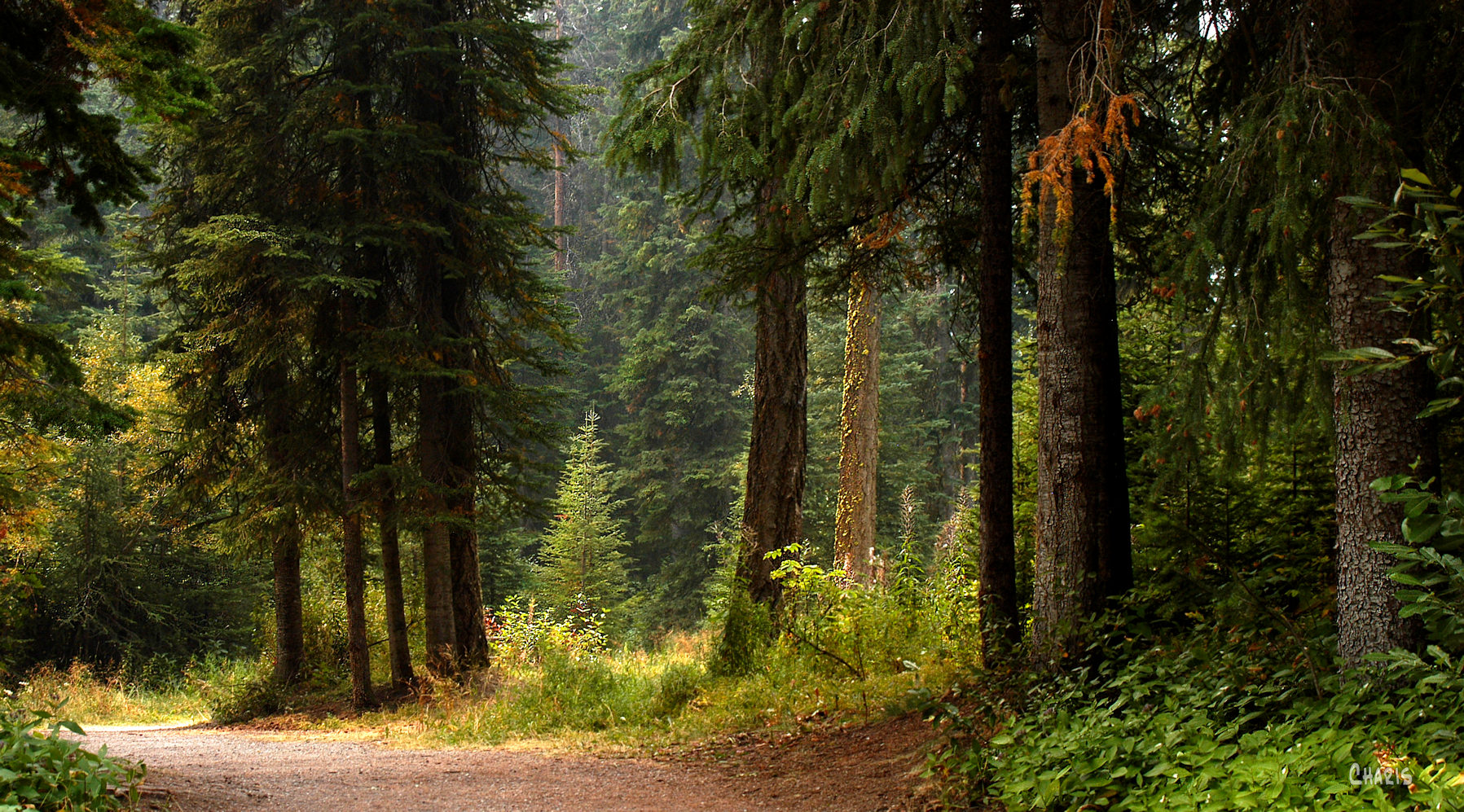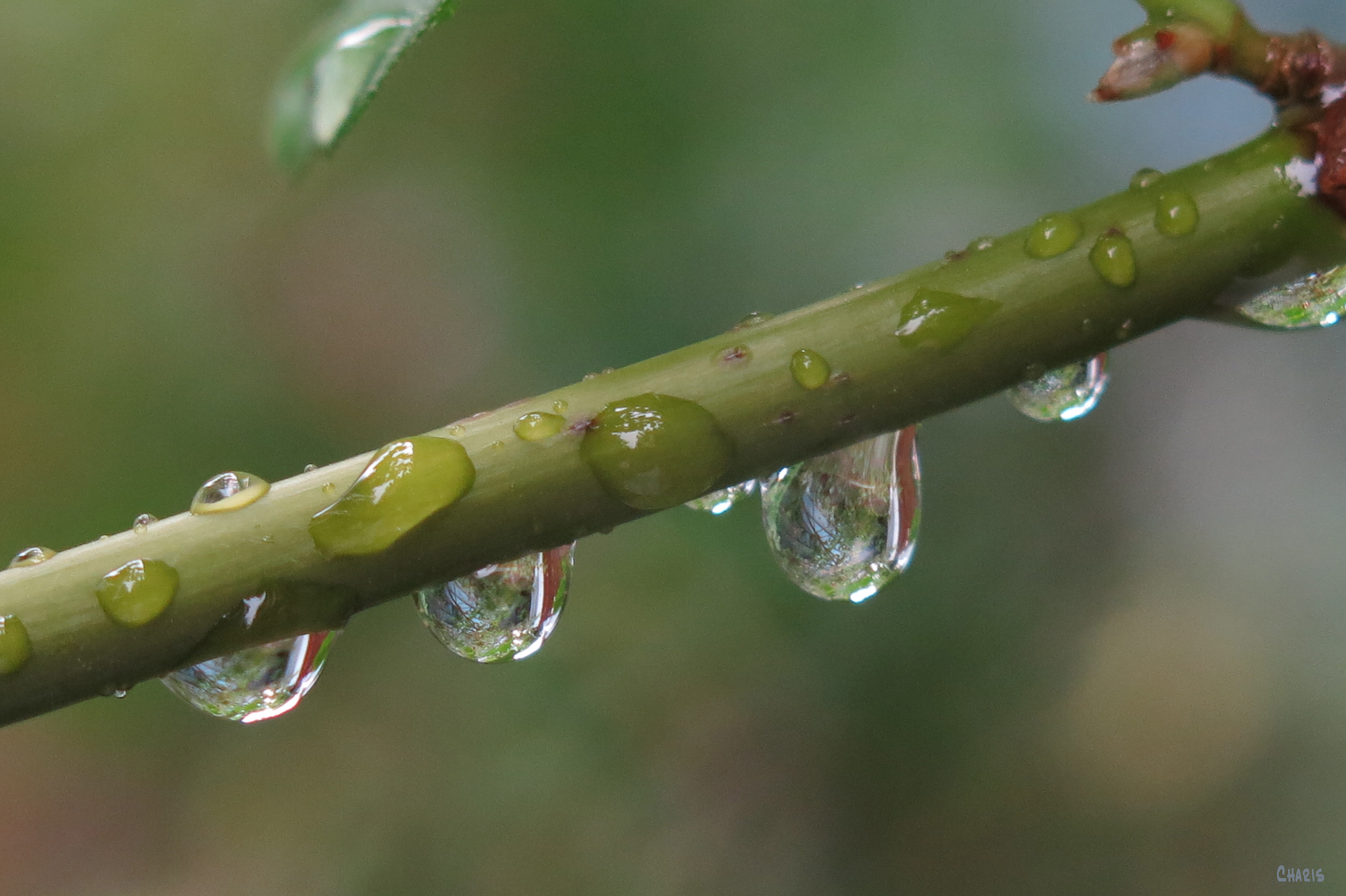This blog is in response to another person’s post, now deleted. The post made me stop and consider. It was about shameful behavior currently being exposed in a well-known ministry in the U.S.. “This should be strictly a private matter,” they said. This person felt strongly that reading any reports, even with solid evidence of ungodly choices, was participating in gossip and exploiting someone’s weaknesses and giving way to our own salacious desire for a titillating story. It was a type of abuse in itself. It can be. For many, it probably is. I want to agree entirely with the writer. I truly do. Maybe they are right, but maybe something else is happening here. Something bigger.
My reaction to this exposure is much the same as finding out a much-loved, seemingly strong, healthy family member was in the hospital, in a coma, and dying from necrotizing fasciitis. I DO NOT WANT TO SEE THIS! I DO NOT WANT TO HEAR THIS! OH, GOD, MAKE IT GO AWAY!
Our son-in-love and his wife were both in denial about how seriously ill he was. He delayed going to the emergency room at the hospital until the pain was agonizing. “Necrotizing” means dying. His leg was filled with dead and dying tissue -corruption- that was exposed by emergency surgery that left an open wound the length of his leg and buttocks. By that evening, he was in critical condition, in a coma, with multiple organ failure. Privately, the team of doctors gave him 0% chance of survival.
When thousands of people joined to pray for him, the Lord showed us that the church (including many denominations and expressions in North America) has also been in denial about harboring hidden corruption. This may not just be about the particular organization in that horrible article this week. So many are infected. Was there a less painful way to expose this, or is the Lord allowing it to shock us and shake us into waking up to the reality of the situation? Is this the stern, no-nonsense grace of a caring Father?
For decades, many vulnerable people have been sexually, emotionally, financially, and spiritually abused by those misusing power. Too many times we have looked away to spare them (and ourselves) embarrassment –and potential institutional chaos. This is no longer a private problem between a few people. My heart is broken for the woman involved, (and yes, I agree her behavior has been a lot like that of many victims of abuse and exploitation that I have known.) Perhaps God is serious about exposing what we don’t want to see because it’s time to stop closing our ears to the cries of people who have been used to bolster power-hungry egos.
This is a systemic problem. It’s OUR problem. It’s not just about the abuse; it’s about the cover-up.
In our own story, Abba asked us to pray for the state of the church in our country with the same desperate passion we felt as we prayed for our loved one. I don’t want to look at what has been exposed recently in people who I have admired and trusted. I am dismayed. I am shocked. I feel sick. But I can’t look away. Now the question is: how does the Lord want us to respond?
We don’t want to see this stuff exposed and published, especially where those who do not love Jesus can use it to mock us. This generation of the young, however, like the boy Samuel who watched Eli’s sons defile the tabernacle with vile behavior, see what’s going on. They know. They are staying away in droves.
We may not want to see it, but now we have, and it requires a response. It’s time to stop pretending that all is well. It’s time to cry out together with passion for a deep healing touch to the Body of Christ in North America.
Before the crisis in our family happened, our son-in-love told the Lord he was willing to do whatever it takes to serve Him, including laying down his life. He crashed on Palm Sunday. On Good Friday the family was brought in to say goodbye. Hundreds gathered at the hospital and in the church building to pray that day. On Easter morning, he briefly opened his eyes. On Pentecost Sunday, he walked into church without amputation, with 100% oxygen saturation, with the kidney function of a teenager, with a keen quick mind, and with the assurance that he was deeply loved. We saw a miracle.
Why did he and his family and friends, and eventually the thousands who followed the story on social media, go through that painful time? I believe it was training for such a time as this. We need to stop looking away, pretending this is not serious or not our problem. It’s time to get on our faces and cry out in our exposed corporate shame for deep cleansing, healing, repentance, and restoration.
Kyrie eleison. Christe eleison. Lord have mercy. Christ have mercy.
We saw a miracle once. Lord, do it again!



























 Thank you, Lord.
Thank you, Lord.